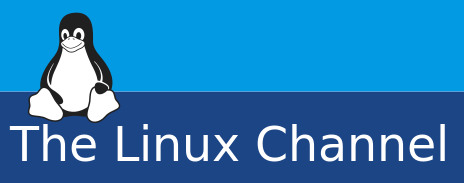TUTORIALS 》 Compiling a C Compiler with a C Compilter | Compile gcc with gcc
As we know the fundamental aspect of a programming language compiler is to translate code written from language to other. But most commonly compilers will compile(i.e translate) code written in high-level human friendly language such as C, C++, Java, etc. to native CPU architecture specific (machine understandable) binary code which is nothing but sequence of CPU instructions.
If we see that way we should able to perfectly compile a source-code of a C compiler with another C compiler
run-time binaries. In that way we should able to perfectly compile an entire gcc compiler source-code with an installed
gcc compiler. We can get the gcc compiler sources via github:
https://github.com/gcc-mirror/gcc
or in a Ubuntu system we can get the desired gcc source code for a specific version via:
$ apt source gcc-9
NOTE: since we are getting sources via apt-get(or apt) command, we do not have to provide sudo access.
However it is important to know that source code downloaded via github may require different run-time dependencies vs
what is currently installed in your Linux system, vs when you get gcc source via Ubuntu apt command and choose a version
which is close to your installed gcc compiler, then the run-time dependencies which are required for this source may match
with whatever currently installed on your Ubuntu OS install.
Like any open-source project you can browse through any compilation/installation steps/documentation.
Typially you should get in files such as README, or INSTALL, etc. But in the case of gcc, they provided
few user-friendly web html documentation (as should below) which you can open in a browser and follow the
steps and mainly various options and prerequisites.






You can now proceed compilation and before that install dependencies(i.e third-party libraries) if any.
Once everything is done, you can see the the custom compiled gcc binaries are installed in a custom directory
path so as to not disturb the Ubuntu OS module installed gcc binaries.
kiran@1TBSGBR:/code/gcc/install$ ls test test.c usr kiran@1TBSGBR:/code/gcc/install$ ./usr/local/bin/gcc -v Using built-in specs. COLLECT_GCC=./usr/local/bin/gcc COLLECT_LTO_WRAPPER=/code/gcc/install/usr/local/bin/../libexec/gcc/x86_64-pc-linux-gnu/9.2.0/lto-wrapper Target: x86_64-pc-linux-gnu Configured with: ./configure --disable-multilib Thread model: posix gcc version 9.2.0 (GCC)
You can now do a test compilation of a sample C source-code file (test.c) with the current compiled gcc compiler
(i.e ./usr/local/bin/gcc) as shown below:
kiran@1TBSGBR:/code/gcc/install$ ./usr/local/bin/gcc -o test test.c kiran@1TBSGBR:/code/gcc/install$ ./test hello world kiran@1TBSGBR:/code/gcc/install$ cat test.c #includevoid main() { printf("hello world\n"); } kiran@1TBSGBR:/code/gcc/install$
Here is my two-part Youtube video episode series which shows you all the steps from start to finish in a live demo screen
capture.
If you have any queries or anything to discuss, kindly send me a mail to: [email protected]
Also recommend to watch:
Featured Video:
Suggested Topics:
Join The Linux Channel :: Facebook Group ↗
Visit The Linux Channel :: on Youtube ↗
💗 Help shape the future: Sponsor/Donate
Tópicos recomendados:
Featured Video:
Trending Video:
Recommended Video:









